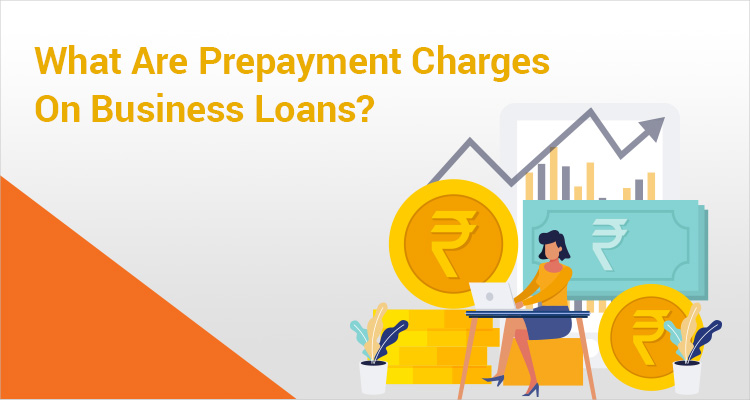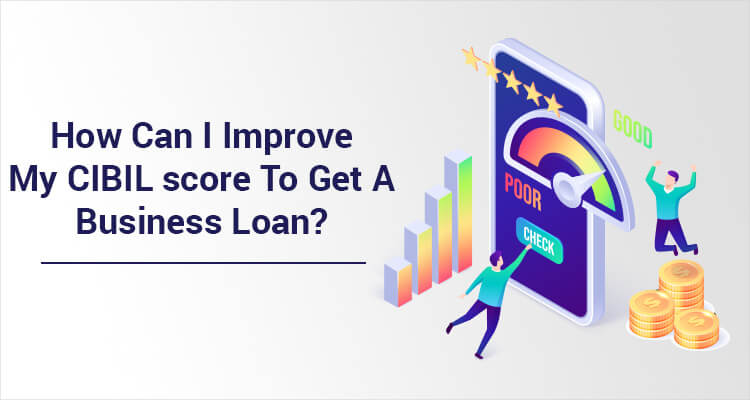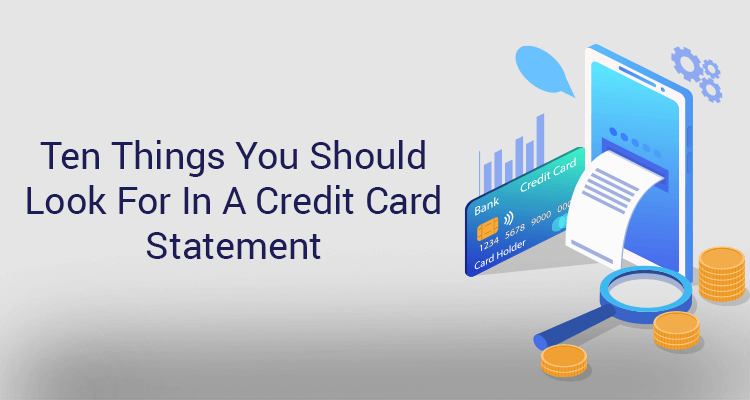What To Know Before Asking Someone To Co-sign On Your Small Business Loan
Table of Contents
Over the past few years taking a small business loan has become much easier than before, thanks partly to a regulatory push and as competition among lenders intensified especially after the emergence of fintech companies.
However, many small business owners and entrepreneurs still face several difficulties in getting a small business loan. This could be because of reasons such as the borrower’s weak credit score, inability to provide a collateral, or the business itself generating poor cash flows. These factors increase the lenders’ risk and makes them wary of offering a business loan due to the fear of default.In these situations, banks and non-bank finance companies often ask the borrower to bring on board a co-signer or a guarantor. A co-signer can help borrowers with a weak income profile or a poor credit score to get a business loan.
Who Can Become A Co-Signer?
A co-signer is a trusted person who agrees to be legally responsible to pay off the debt if the borrower fails to repay the loan. Usually, the co-signer is a friend or family member of the borrower.The co-signer is not responsible for making monthly payments; that responsibility lies with the borrower. However, the co-signer will have to cover for the borrower and pay back the loan in case the borrower defaults.
A co-signer is typically a person who has a good credit history and significant assets of value that can effectively become collateral for the business loan if the borrower is unable to repay the debts. Also, since the co-signers don’t ordinarily have to repay the loan, they also can’t claim any tax benefits.Apart from helping the borrower get a loan in the first place, a co-signer can also help bring down the interest rate as the lender will have the comfort that the co-signer will stand guarantee in case of non-payment of interest or principal.
So, how can a co-signer be brought on board?• The lender itself may want a co-signer on board, for extra comfort;
• The lender would ideally want that the co-signer be of a stronger financial position than the borrower;
• Both the borrower and the co-signer will need to go through the application process together;
• The co-signer must sign all documents affirming that they agree to the terms of the loan;
• The co-signer is kept informed of the repayment status or the status of default by the borrower.
Conclusion
While it is a good idea to have a co-signer on board, the person standing in as your guarantor takes on your risk. So, if you default, they are liable to pay, and if that happens your relationship may be jeopardized.Needless to say, not only should a borrower make timely repayments, the co-signer should ensure that they understand that the borrower is of clear motive and has a sound business plan that can help generate enough cash flow to pay off the loan and interest.
Disclaimer : The information in this blog is for general purposes only and may change without notice. It does not constitute legal, tax, or financial advice. Readers should seek professional guidance and make decisions at their own discretion. IIFL Finance is not liable for any reliance on this content. Read more




